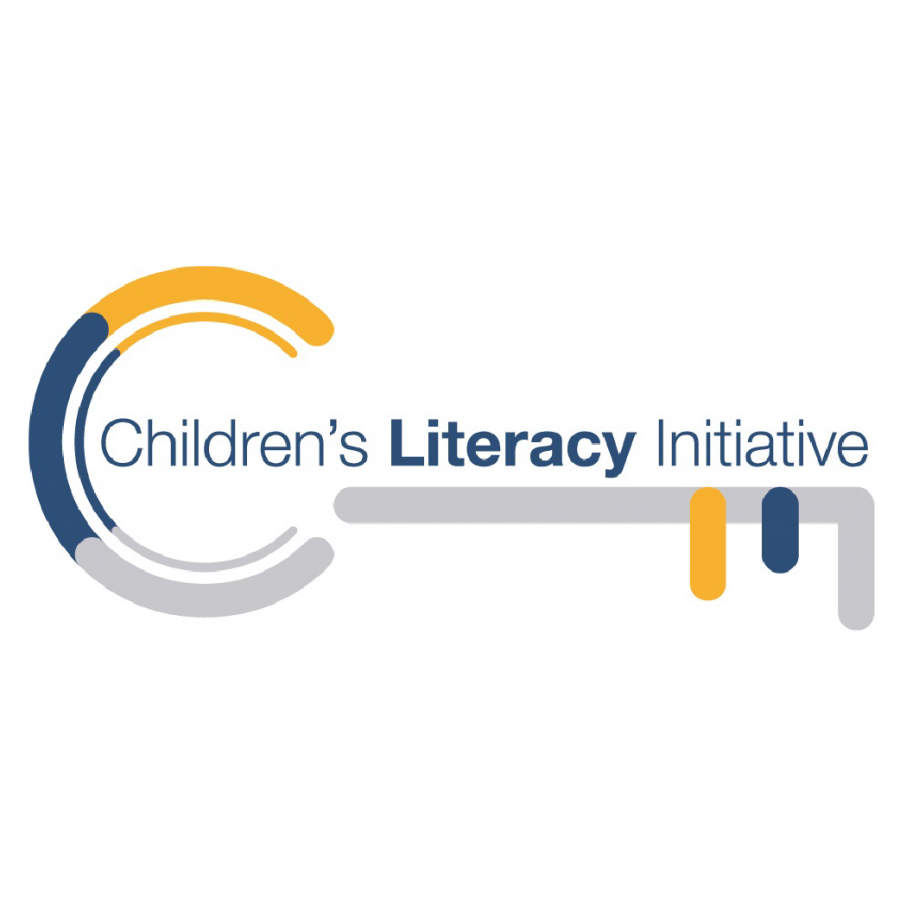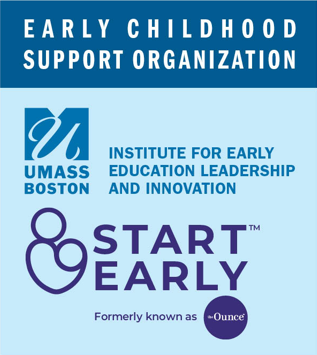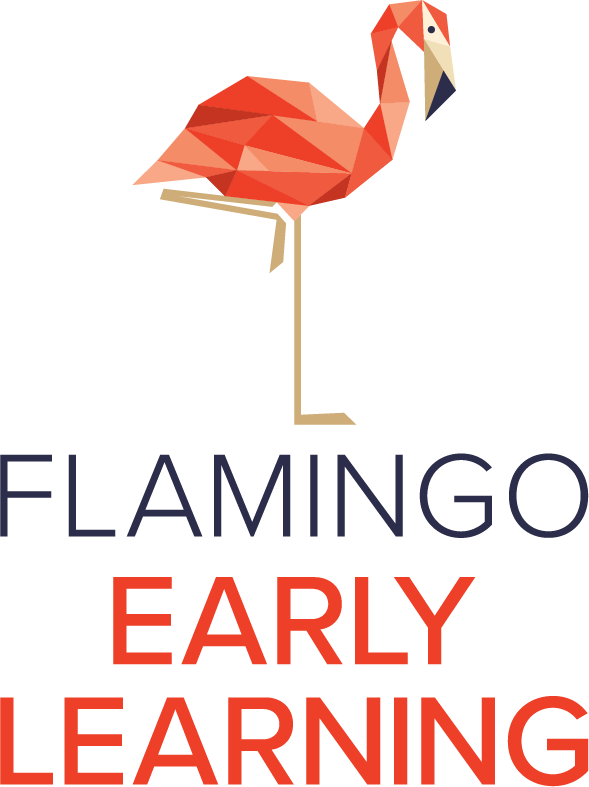Early Childhood Support Organizations
How can we transform the fragmented early learning field? Through the Early Childhood Support Organization (ECSO) Initiative, we are working to provide resources and align financial incentives to support better early education outcomes for children from low-income communities.
Systems Change: Early Childhood Support Organizations (ECSO)
New Profit’s Early Childhood Support Organizations (ECSO) initiative is a four-year, $20M public-private partnership between New Profit and the Commonwealth of Massachusetts Department of Early Education and Care (EEC). The initiative provides leader and educator development and curriculum coaching to support better outcomes for low-income children who are enrolled in Head Start and subsidized child care programs.
The Initiative backs ECSOs, which will serve as intermediary organizations that partner with local center and family-based early childhood providers to help them implement evidence-based strategies to achieve higher-quality program delivery and long-term impact.
What are ECSOs?
ECSOs are expert intermediary organizations that provide program quality supports grounded in curriculum, assessment, and instructional excellence to early education programs. ECSOs build stronger learning environments and outcomes for underserved childcare programs and children.
ECSOs:
- Provide at least monthly coaching and support to program leaders and directors
- Facilitate regular professional learning communities for program leaders
- Offer both synchronous and asynchronous professional learning programs for leaders
- Help child care programs examine their curriculum choices and select and implement new curricula if necessary
New Profit’s ECSO collaborators
The ECSO initiative will serve as a national model. New Profit’s grant funding helps ECSOs make initial investments to scale their models in Massachusetts and New Profit’s support helps to facilitate ongoing quality improvement of the models as well as fund a third-party evaluator. EEC has contracted with ECSOs to cover the delivery of services, paid for with existing quality set-aside funding. With the recent $50 billion in COVID relief funding dedicated to early education, Governors, and state early education leaders around the country are looking for innovative models to implement locally. We have an opportunity to position Massachusetts as a leader in the field with an approach that could be replicated in other states.
 Children’s Literacy Initiative (CLI) is an award-winning national 501(c)(3) non-profit focused on strengthening early education in the United States. Founded in Philadelphia in 1988, CLI is an anti-racist organization whose mission is to work with early childhood through fifth-grade educators to transform care and instruction so that children can become powerful readers, writers, and thinkers.
Children’s Literacy Initiative (CLI) is an award-winning national 501(c)(3) non-profit focused on strengthening early education in the United States. Founded in Philadelphia in 1988, CLI is an anti-racist organization whose mission is to work with early childhood through fifth-grade educators to transform care and instruction so that children can become powerful readers, writers, and thinkers.- The Institute for Early Education Leadership and Innovation at UMass Boston mobilizes
 leadership from the field to create systems of early care and education in which all young children and their families thrive. They have partnered with Start Early (formally the Ounce of Prevention) to create an Early Childhood Support Organization that offers professional development and learning, one-on-one coaching, and peer network support that will improve program quality on the organizational conditions in order to advance child outcomes.
leadership from the field to create systems of early care and education in which all young children and their families thrive. They have partnered with Start Early (formally the Ounce of Prevention) to create an Early Childhood Support Organization that offers professional development and learning, one-on-one coaching, and peer network support that will improve program quality on the organizational conditions in order to advance child outcomes.  Flamingo Early Learning is a comprehensive professional development system for early childhood educators developed by the University of Florida Lastinger Center for Learning. Their mission is to create equitable educational systems where every child and educator — regardless of circumstances — experiences high-quality learning that support the achievement trajectories through school that are predictive of success in life.
Flamingo Early Learning is a comprehensive professional development system for early childhood educators developed by the University of Florida Lastinger Center for Learning. Their mission is to create equitable educational systems where every child and educator — regardless of circumstances — experiences high-quality learning that support the achievement trajectories through school that are predictive of success in life.
ECSOs will directly impact the quality of instruction of over 16,000 children by supporting more than 100 program leaders and 1200 teachers to improve instructional practice and use of effective curricula in early childhood classrooms throughout Massachusetts. Specific targeted outcomes include:
- Measurable gains for children across developmental domains: language, early literacy, social-emotional learning, cognitive development and, ultimately, school readiness.
- Measurable increases for educators in the knowledge, skills, and delivery of effective development and support from leaders
- Improved working environment and climate of each program to ensure continued job satisfaction and retention
- Educator support to deliver high-quality, data-driven instructional practice and curriculum use
- Integration of a continuous, data-informed quality improvement approach
Evaluation
The impact of the ECSOs will be studied by Abt Associates. We look forward to sharing these results.